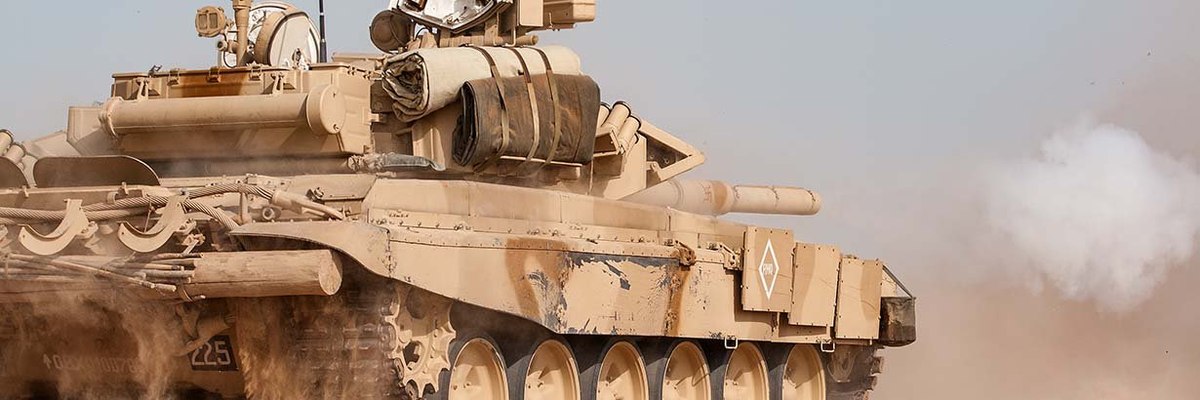The fourth chapter of the YouGov Study of War analyses British attitudes and expectations about how peaceful the world will be in the future, whether it is ever acceptable to use military force and how much they know about the Geneva Conventions which regulate the rules of war.
It should be noted for posterity that the study was conducted from 14-18 April 2022, during the Russian invasion of Ukraine.
Britons are pessimistic when considering whether the world will be more or less peaceful in 50 years from today. Just one in ten (10%) think it will be a more peaceful place, while a third (35%) say it will be less peaceful. A further third (33%) think the world will be in a similar state as now, while a fifth (21%) say they don’t know.
Just one in ten Britons (10%) think that one day there will be no wars in the world, including 3% who think this will ‘definitely’ happen, and 7% who think it ‘probably’ will. The overwhelming majority (81%), however, think that such a time will never come, including 39% who say this will ‘definitely’ never happen.
Men (13%) and Britons under 40 (15%) are more optimistic than women (7%) and those over 40 (6-8%) about the prospect of there one day being no wars.
Two-thirds of Britons (66%) think that using the military is sometimes right, with men (72%) being more likely to say this than women (60%). The older Britons are, the more likely they are to think that military action can be justified – 76% among those aged 60 and above compared to 48% among 16-24-year-olds.
This is not to say that young people are more likely to think that military action is never the right thing to do; only 18% say this, about the same number as the over-60s (14%). Instead, younger adults are much more likely to say they are not sure (34%, vs 9% of the oldest Britons).
Among Britons who say they would never take up arms to go to war, over half (54%) think that taking military action is sometimes the right thing to do.
Just under one in five Britons (17%) think that taking military action is never the right thing to do. This view is shared by a fifth of Labour (21%) supporters and 11% of those who vote Conservative. Among those who oppose the existence of NATO, 45% think it’s never right to take military action, while this applies to 14% of those who support the existence of the alliance.
The YouGov Study of War also looked at how much Britons know about the Geneva Conventions – a set of internationally recognised treaties that establish the rights and responsibilities of sides that are engaged in military conflicts (such as the treatment of civilians and POWs).
Half of Britons (53%) say they know about the Geneva Conventions, including one in five (19%) who say they know what they stipulate. A further third (32%) say they’ve heard of these treaties but that they don’t know what they are. Five percent say they’ve never heard about these treaties.
Britons above the age of 40 (54-70%) are significantly more likely than the younger generations to say they know what the Geneva Conventions are (35-36%).
Eight in ten Britons (79%) think that having treaties which regulate conduct in war – such as the Geneva Conventions – is a good thing. Five percent say it’s neither a good nor a bad thing, while 14% say they don’t know.






